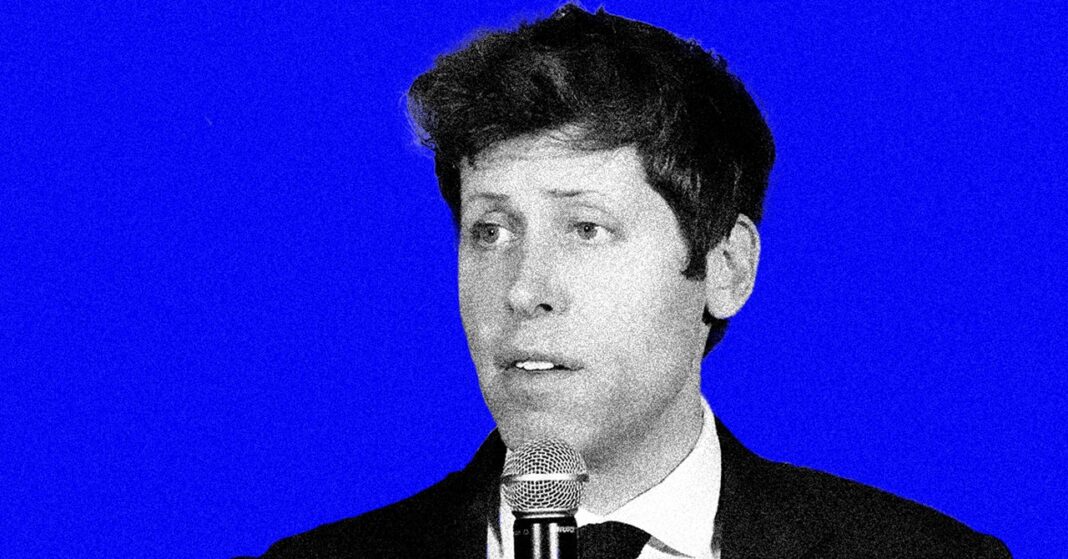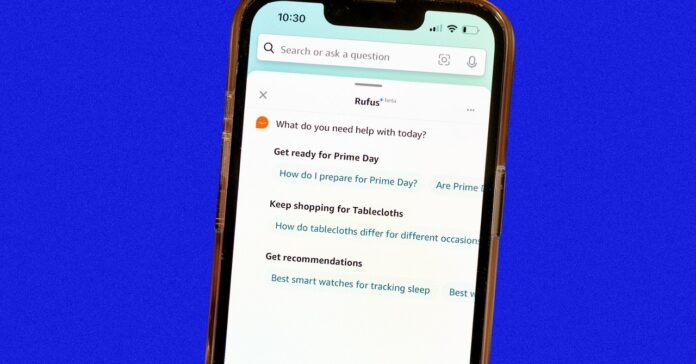In Short:
OpenAI launched the GPT Store in January 2024, allowing users to create custom GPTs easily, even without coding skills. The store aims to empower nontraditional developers, like educators and researchers, to build specialized apps. Developers can earn money based on user engagement. Early developers, like Nick Dobos and Adrian Lin, have found success and optimism with their popular GPT creations.
In early 2024, OpenAI officially launched the GPT Store, following nearly a year of encouraging individuals to create custom GPTs. The initiative was introduced as an automated, low-code method for building specialized applications on the ChatGPT platform. The company envisioned that innovative GPTs would emerge from a diverse array of developers, including educators, coaches, and hobbyists.
Store Access and Revenue Program
Access to the GPT Store is available for customers and developers who subscribe to ChatGPT Plus, Teams, or Enterprise. Moreover, OpenAI announced the implementation of a GPT-builder revenue program that will compensate U.S.-based developers based on user engagement with their GPTs, with further information on payout criteria forthcoming.
Early Success Stories
As the GPT Store took off, developer Nick Dobos shared a notable milestone via X, revealing an invitation from OpenAI to participate in the revenue-sharing pilot program. His GPT, Grimoire, has distinguished itself by hosting over 2 million conversations within the application.
In his communication with OpenAI, Dobos learned he would receive a guaranteed minimum monthly payout of $1,000, with opportunities for additional earnings contingent on usage metrics. Despite several attempts to contact him for updates on his experience, Dobos has not responded.
OpenAI’s Response
When approached for clarification about the program’s current status, OpenAI directed inquiries to its help page, which provided a brief overview of the program and expressed hopes to expand monetization options for developers in the future.
A Global Perspective
Among the optimistic participants is Adrian Lin, an AI researcher based in Singapore who has launched his own app lab, Adrian AI Lab. Despite lacking formal training in web or mobile app development, Lin found the promise of low-code GPT creation to be a significant opportunity. He noted that fine-tuning his models to meet his objectives was a straightforward task.
Lin estimates that his GPT, Copywriter GPT, which specializes in drafting advertising copy, has facilitated between 500,000 and 600,000 interactions. Similar to Villocido’s app, Lin’s GPT has also been prominently featured on the homepage of OpenAI’s Store.





